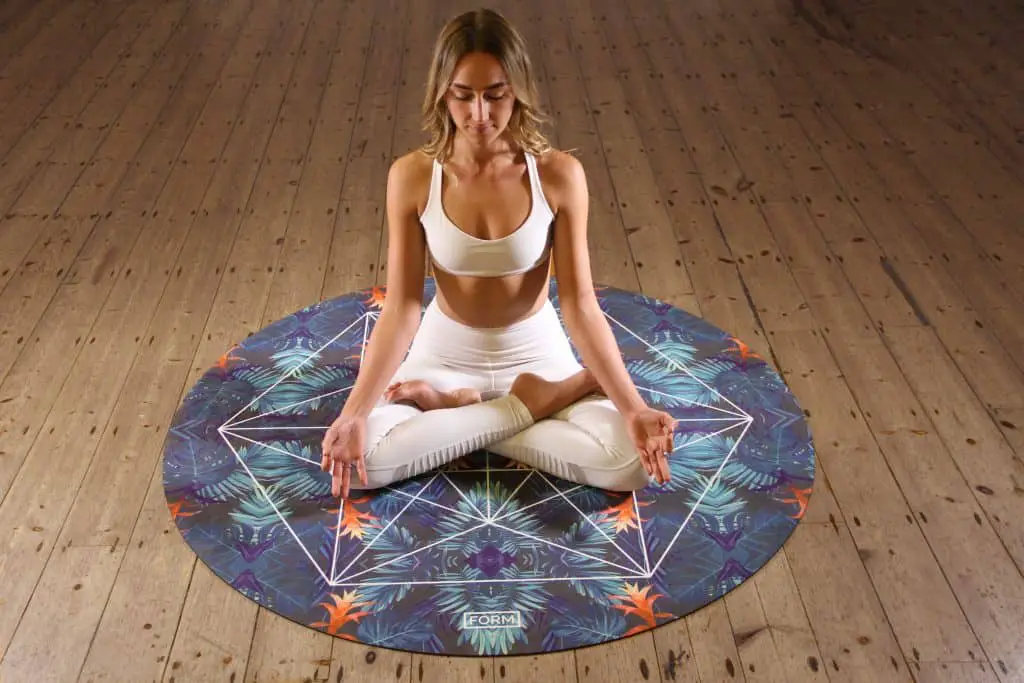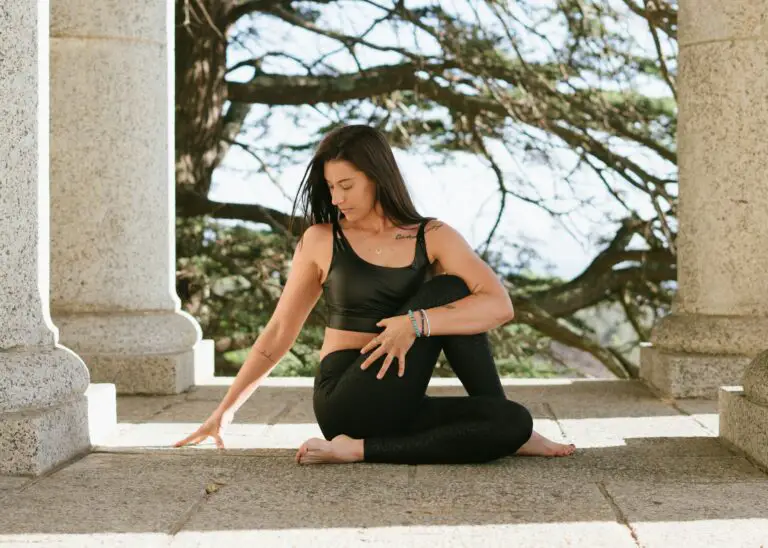Yoga Vs. Meditation: Is One Better Than The Other?

A lot of people think that yoga and meditation are the same things. However, when you compare these two activities, there are some similarities, but they are not the same. There are many vital differences between yoga and meditation. Is one better than the other?
Yoga is better than meditation, as it works on the mind and muscles, whereas meditation only works on the mind. Yoga involves physical and mental exercise, while meditation consists of pursuing mental stability. Yoga involves breathing exercises and poses, and meditation is about concentration.
Are you interested in starting to practice the art of yoga or meditation? Maybe you want to try both. Either way, you will notice several improvements in your life. Continue reading with us to find out precisely what yoga and meditation are and whether one is better than the other.
Yoga Or Meditation: Which One Is Best For You?
Whether yoga or meditation is best for you all depends on whether you are looking for a training session or a relaxing mind and body experience.
Both yoga and meditation have their benefits, and they can be closely related. It primarily depends on your goals.
For example, suppose you want to work on a mental health burden, or stress and anxiety. In that case, you may find that meditation would be most helpful and can be the perfect solution you may be searching for.
On the other hand, if you notice that you have a difficult time concentrating on simple tasks and cannot imagine yourself slowing down to take part in meditation, yoga may be the perfect choice for you.
You will be blending mentally with physical training as well, and yoga might help you to prepare for meditation in the long run. In summary, both yoga and meditation are highly beneficial.
It solely depends on your personal preferences, what you want to focus on, and what you want to improve in your life.
Consider Combining Yoga And Meditation
Now that you are a bit more familiar with the definitions and benefits of each of these two practices, you might want to consider how powerful they would be when combined. After all, meditation is known to be a form of yoga.
You will be able to work on developing your concentration, mindfulness and understand your body better—both meditation and yoga work to help each other.
Meditation helps you to relax and be conscious of your body, so when you partake in yoga, you can be calm and fully aware of every move you make.
However, it would be best if you were keeping other factors in mind that may have an influence on yoga and meditation. Deciding to follow a healthy way of living is not only done through exercising, but you also have to consume healthy food.
You should know that meditation may not solve all your problems, and sometimes it would be the best choice to consider searching for psychological help. However, consider combining yoga and meditation, as you will see a significant physical and mental improvement.
The End Goals Of Yoga And Meditation
Of course, yoga is much more holistic than meditation. The end goal of yoga is not only mental stability but also spiritual and physical stability.
Yoga focuses on your internal and external stability, while meditation mainly takes a closer, more in-depth focus on your state of mind.
Yoga And Meditation Activity Levels
Meditation is seen as being close to entirely mental. In most cases, there is little to no movement involved in meditation. Meditation works by exercising your mind rather than your body.
When you start to meditate, you will learn how to connect with your surroundings, learn, relax, and self-reflect. You do not have to tire yourself physically, and you can shut down your body while you meditate.
In contrast to meditation, yoga involves a significant focus on your movements. Yoga is considered to be a form of exercise, and there is an enormous amount of concentration on different breathing patterns. Different positions of the body are also highly focused on during yoga sessions.
As a matter of fact, most people tend to find yoga to be physically challenging. You have to try your best to maintain stable breathing patterns while being able to put your body in difficult positions.
You need to do all this by maintaining balance, internal focus, and peace. Most people think yoga is relatively easy, but shifting through all the different yoga poses can be challenging work and can even come to the point where it makes you sweat excessively.
The primary goal of yoga is for you to stay connected to the present moment, just as you would while meditating.
The only difference is that you will move between poses and maintain them for short periods. This can be much more challenging than meditation.
Restrictions Of Yoga And Meditation
Because of the natures of yoga and meditation, there are much fewer restrictions on who can participate in yoga and who can participate in meditation.
For example, some body postures relating to yoga should never be practiced on an empty stomach.
There are also some positions that some people may be unable to do successfully, especially if they have health issues or are recovering from an accident. However, this does not mean that meditation is more effortless than yoga in every way.
There are several people who may be unable to take part in meditation because of certain psychological or physical complications.
These people may find it much easier and more convenient to engage in physical activity such as yoga and work on their way to their path to mindfulness.
Conclusion
In addition to all the positive effects yoga has on your mental state, it also has significant benefits to your physical health, including flexibility, muscle strength, cardiovascular health, as well as weight loss.
Yoga has helped many people who struggle with pain and stiffness. If you are a health enthusiast, yoga will be much better for you than meditation.







